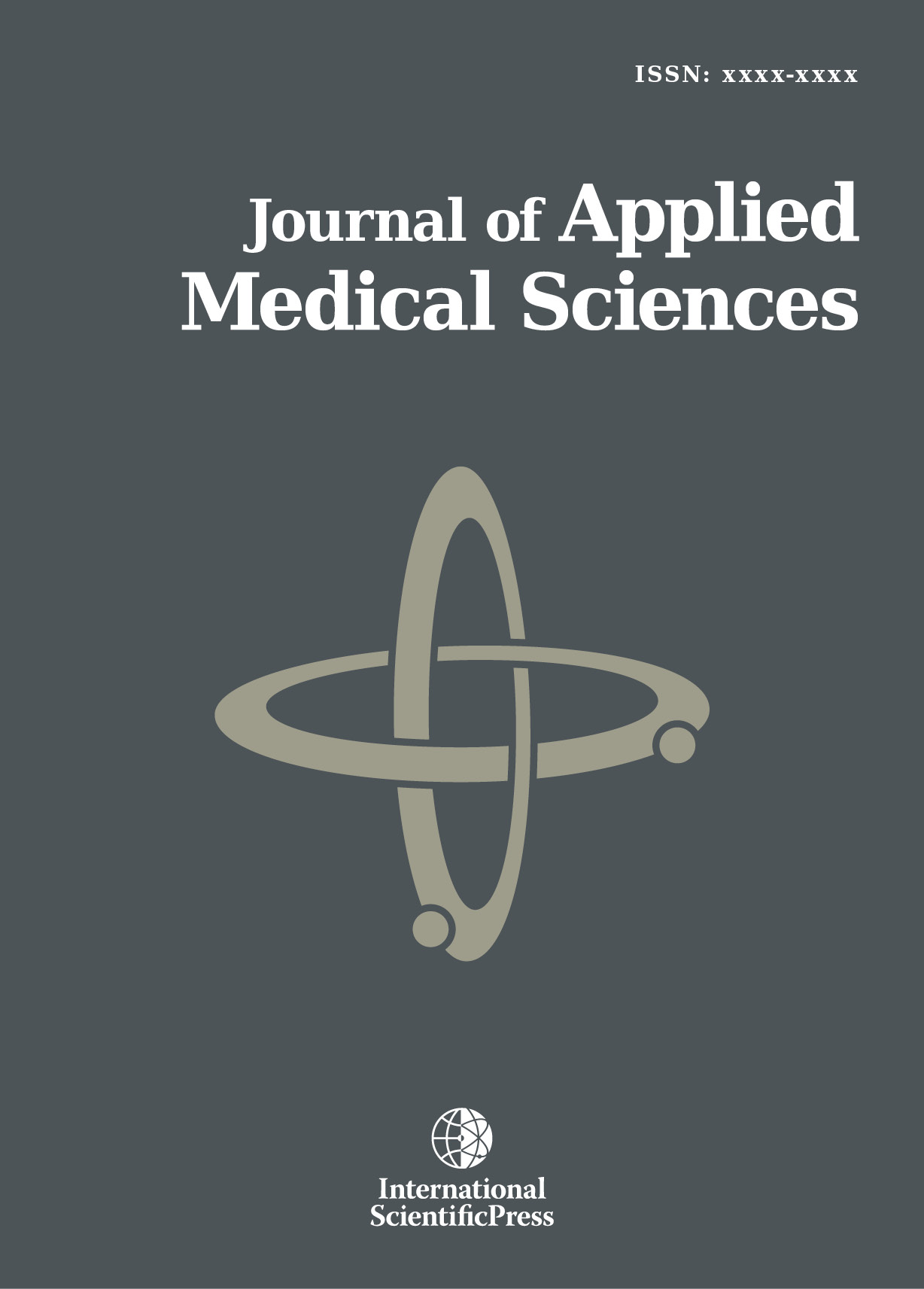Journal of Applied Medical Sciences
Immunopathogenesis and the use of Exhaled Breath Condensate Analysis in Sarcoidosis
-
 [ Download ]
[ Download ]
- Times downloaded: 11061
-
Abstract
Sarcoidosis is a multisystemic, inflammatory disorder with a histological hallmark of non-caseating epitheloid granulomas that can manifest in lungs, heart, skin, eyes and the nervous system. Although there has been extensive research regarding sarcoidosis, it currently remains a diagnosis of exclusion due to its non-specific signs and symptoms, undetermined aetiology and immunopathogenesis, as well as a lack of a diagnostic gold standard. This leads to the inability to determine the outcome and severity of the disease. Biomarkers have been studied in both blood and breath, but none have been reliable to stage the severity and the prognosis of sarcoidosis. As such, it is difficult to apply effective therapies that will reduce the possibility of irreversible lung fibrosis and other complications. This review examines the epidemiology, possible aetiological agents(genetic predisposition, infective and non-infective agents), and current understanding of the immunopathogenesis of the disease. It also explores the existing research on exhaled breath analysis, a novel way to detect immunological biomarkers to differentiate sarcoidosis patients from health controls, as well as introduce biomarkers that can be further investigated as potential diagnostic tools.
